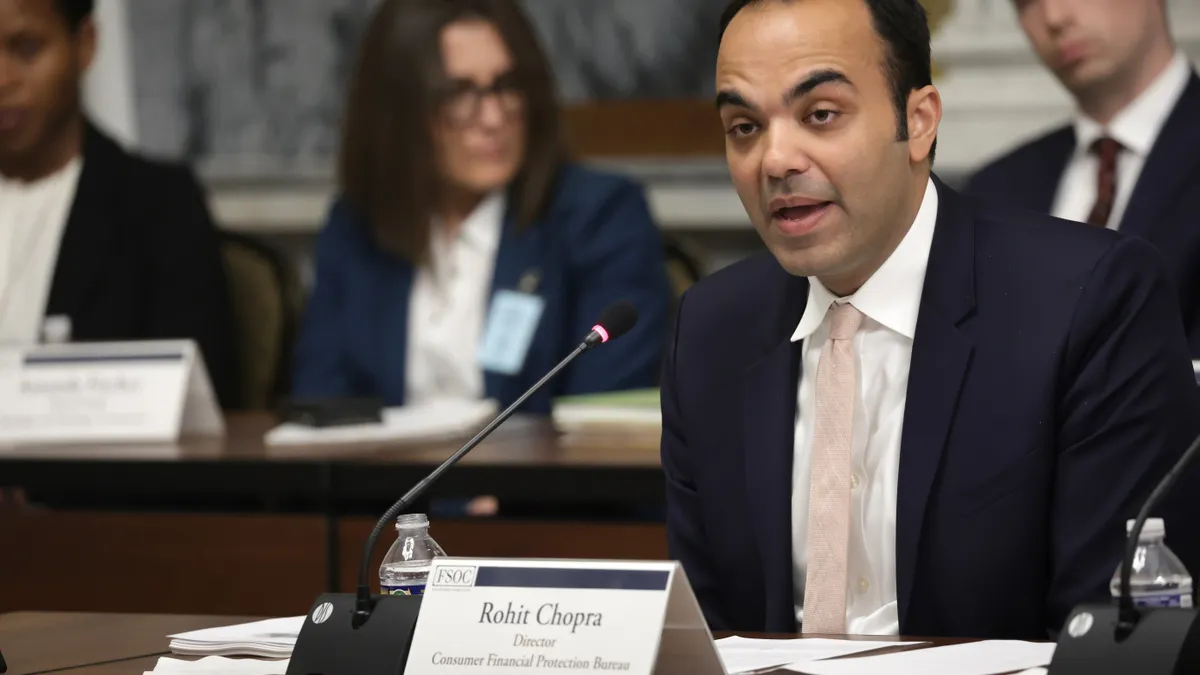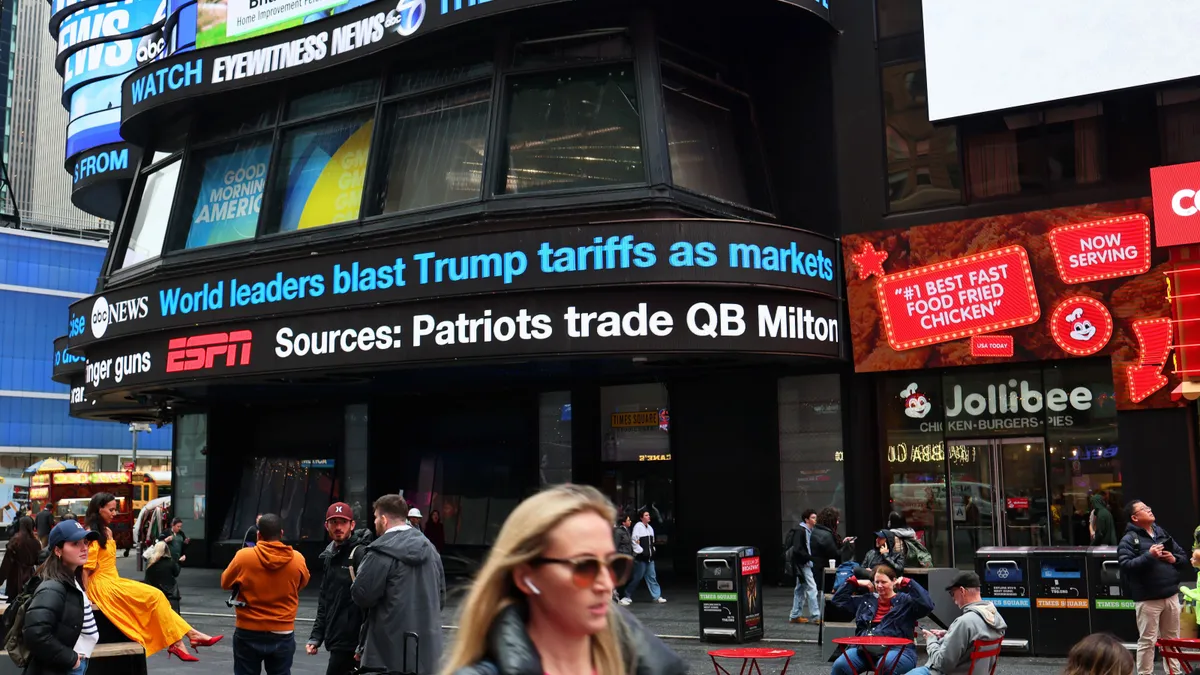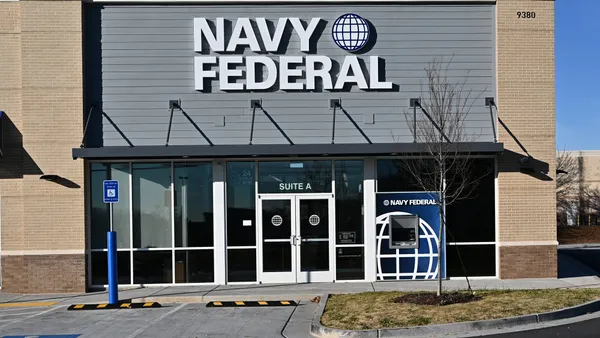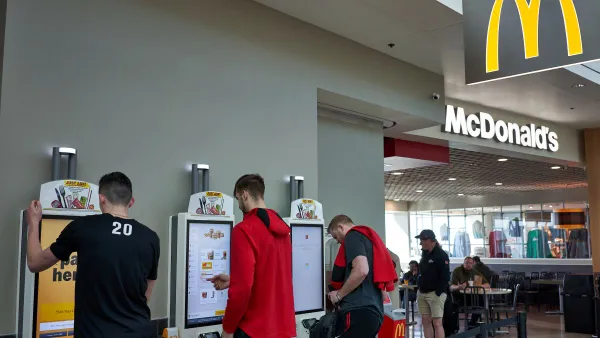The Consumer Financial Protection Bureau is targeting credit card providers that are using "bait-and-switch tactics" to lure consumers into signing up for cards based on rewards programs.
The federal agency suggested that the programs can end up costing consumers more in fees and interest charges than they are offering in terms of rewards.
“Major providers, who must offset the upfront costs of offering these rewards, often bury in their terms and conditions higher interest rates and penalty fees, and can revoke rewards offerings or make redemption of rewards difficult,” CFPB Director Chopra said during a Wednesday speech at an event for the Consumer Bankers Association, a banking trade group.
A consumer carrying a balance on such a card would be better off switching to a new card with a lower interest rate, Chopra said. To help those consumers make the switch, the CFPB is collecting interest rate data for credit cards that it will share with third-party card comparison sites, as well as finalizing an “open banking” rule that will make it easier for consumers to switch to lower interest rate cards, he said.
Consumers are also facing higher costs from big tech, Chopra said. In the speech he mentioned that “many banks” have come to the CFPB to complain about contactless payment policies from tech giant Apple, policies that the banks say prohibit them from improving their own mobile apps and lead to “unfair costs” for card issuers and consumers. That issue was echoed in the recent antitrust complaint brought against Apple by the Department of Justice.
Meanwhile, the bureau is playing defense on its own rule capping credit card late fees. “Several industry lobbying groups, including the Consumer Bankers Association, have challenged the rule in court,” Chopra said. “And we will vigorously defend it.”
The fee cap rule was challenged on March 7 in the U.S. District Court for the Northern District of Texas by the CBA, the U.S. Chamber of Commerce, American Bankers Association and other banking groups. The chamber asked the 5th U.S. Circuit Court of Appeals for a stay on the late fee rule on Tuesday.













